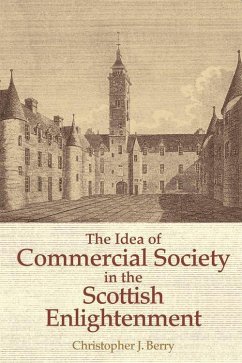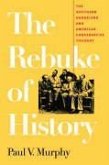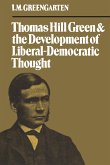'Christopher Berry highlights a central novelty of the Scottish Enlightenment, its unprecedented discussion of the inter-dependency of relations in a commercial society. Far from the din of today's uncompromising battles over the merits and flaws of the market, this was a nuanced conversation - on which we are privileged to eavesdrop.' Colin Kidd, University of St Andrews Shows for the first time how 'commercial society' is the focal idea in the Scottish Enlightenment's social theory Christopher J. Berry focuses on the most arresting aspect of the Scottish Enlightenment - its conception of commercial society as a distinct and distinctive social formation, explaining its central ideas and internal tensions. He explains why and how, according to the Scots, commercial society is wealthier and freer than earlier forms. He also charts the debates, in which the Scots themselves engaged, over the pros and cons of this new social order. As well as providing analyses of key works like Adam Smith's Wealth of Nations, David Hume's Treatise & Essays and Adam Ferguson's Essay on the History of Civil Society, the book covers the full range of literature not only of these three thinkers but of their compatriots and contemporaries. This in-depth analysis by a world-leading authority on the Scottish Enlightenment is a definitive exposition of a key idea shaping the world we know today. Christopher J. Berry is Professor Emeritus in Political Theory at Glasgow University. An elected Fellow of the Royal Society of Edinburgh, he is best known for his work on the Scottish Enlightenment. Cover image: View of Inner Court, University (Old College) (Glasgow), from The History of the City of Glasgow and Suburbs, by James Denholm Glasgow 1797 (c) Glasgow City Libraries. Licensor www.scran.ac.uk. Cover design: [EUP logo] www.euppublishing.com
Hinweis: Dieser Artikel kann nur an eine deutsche Lieferadresse ausgeliefert werden.
Hinweis: Dieser Artikel kann nur an eine deutsche Lieferadresse ausgeliefert werden.








